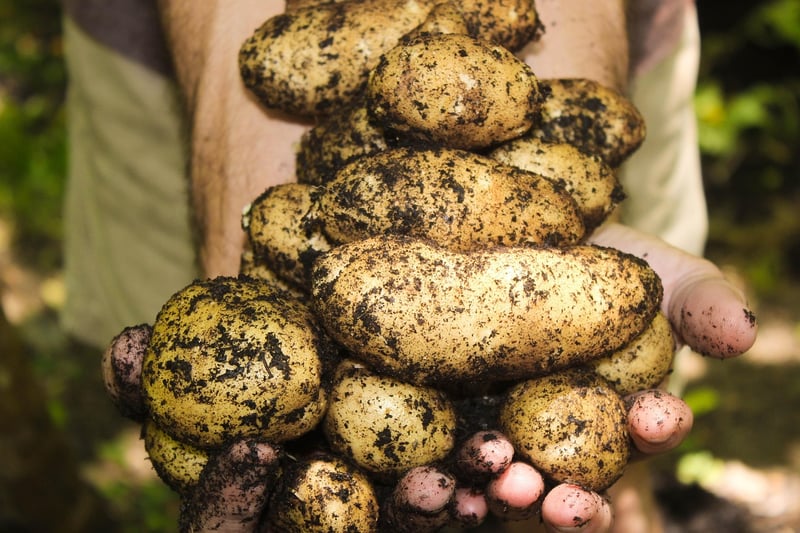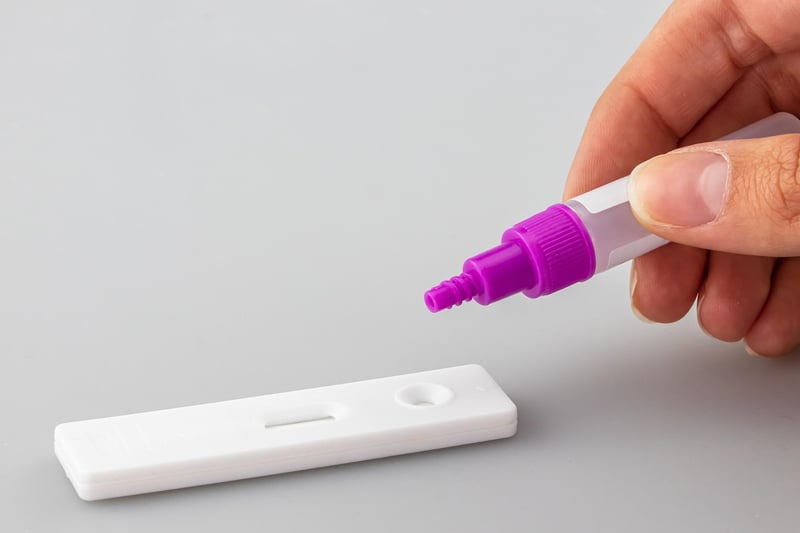Soil Testing Methods
The Importance of Nutrient-Rich Soil Practices and Soil Testing Methods
Having nutrient-rich soil is essential for the health and productivity of plants. Whether you are a home gardener or a commercial farmer, understanding soil practices and testing methods can help you achieve optimal results. Let's explore the significance of nutrient-rich soil practices and soil testing methods.
Nutrient-Rich Soil Practices
1. Compost: Adding compost to the soil can improve its structure and provide essential nutrients for plant growth.
2. Cover Cropping: Planting cover crops helps prevent soil erosion, suppress weeds, and add nutrients back into the soil.
3. Crop Rotation: Rotating crops can help break pest cycles, improve soil structure, and maintain nutrient balance in the soil.
Soil Testing Methods
Soil testing is crucial for understanding the nutrient levels in your soil and making informed decisions about fertilization. Here are some common soil testing methods:
- Standard Soil Test: This test measures pH levels, nutrient levels, and organic matter content in the soil.
- Microbial Analysis: Analyzing soil microbes can provide insights into soil health and nutrient cycling processes.
- Texture Analysis: Determining the soil's texture (sand, silt, clay) can help in understanding water retention and drainage capabilities.
Benefits of Nutrient-Rich Soil and Soil Testing
1. Improved Plant Growth: Nutrient-rich soil provides plants with essential elements for healthy growth and development.
2. Optimal Nutrient Management: Soil testing helps in determining the right amount and type of fertilizers needed for specific crops.
3. Environmental Sustainability: By maintaining nutrient-rich soil, we promote sustainable agricultural practices and reduce the risk of environmental degradation.
By implementing nutrient-rich soil practices and utilizing soil testing methods, you can enhance the quality of your soil, increase crop yields, and contribute to a healthier environment.

For more information on soil testing methods and sustainable soil practices, consult with agricultural experts or your local agricultural extension office.
Remember, healthy soil is the foundation for successful gardening and farming!
